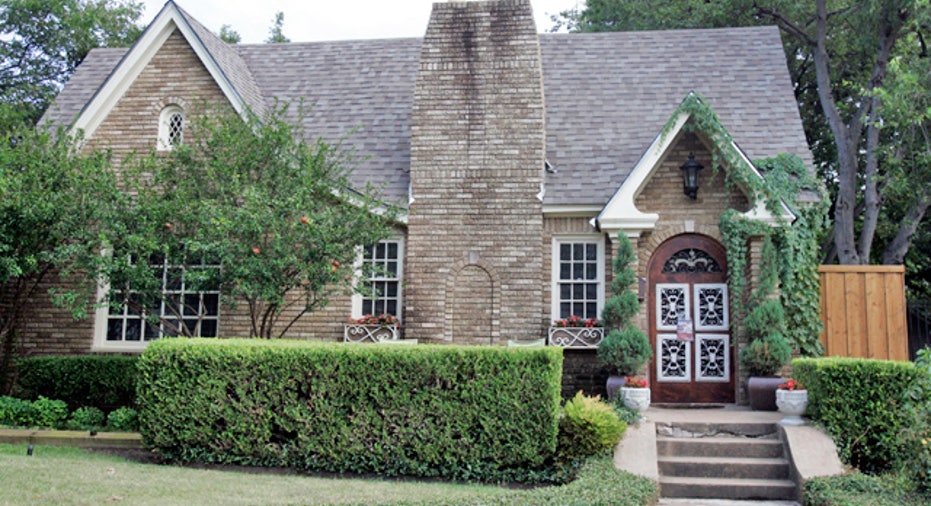Your Legal Rights Against Holiday Noise and Lights

During the holidays, seasonal decorations are a common sight on shingles and lawns across the country. The standard trimmings of lights and inflatable Santas make for a cheery atmosphere, but what do you do when you are kept up at night by a sea of light, blaring music or a flood of awe-struck onlookers?
If you have the unfortunate displeasure of living next to the Griswolds, and their over-the-top cheer is putting a severe strain on your holiday experience or affecting the use of your own private property, you may be able to take action and get closer to a “Silent Night.”
CC&Rs
Covenants, Conditions and Restrictions (CC&Rs) are private contractual agreements agreed to by the home purchaser as conditions to purchasing property in a developed or planned community. Typically found in property closing documents, CC&Rs outline acceptable uses and limitations on the property imposed by the homeowners association (HOA).
Generally, these limitations are enforceable as long as they are all legal impositions. Discrimination based on race, for example, is illegal, so CC&Rs that discriminate based on race would be illegal and unenforceable.
If you believe your neighbors may be violating their CC&Rs, start by reviewing your own CC&Rs first, as the same restrictions usually apply to all homes in a development. Then contact your HOA to ask further questions or to determine the appropriate method of enforcement.
Violators are typically issued a verbal or written warning and given time to resolve the issue. If they fail to do so, further actions may lead to fines and even a formal lawsuit, though that is rare. If the CC&Rs are clear and legal, the neighbor will be bound and required to comply.
Zoning ordinances and regulations
Local ordinances and government regulations can also protect you from obtrusive decor. Unlike CC&Rs, zoning ordinances and regulations are public laws that govern the use of property in a particular area.
The city of San Diego, for example, addresses outside lighting regulations, including temporary seasonal lighting, in Chapter 14 Section 142.0740(e) of its municipal code. Although this code section creates some exemptions for temporary seasonal lights, displays must still satisfy certain requirements, such as the following: “New outdoor lighting fixtures shall … direct, shield, and control light to keep it from falling onto surrounding properties.”
If it’s noise that leaves you cringing, perhaps a glance at local noise regulations can provide a solution. For example, Chapter 30 of the Dallas city code regarding noise states, “[A] person commits an offense if he makes or causes to be made any loud and disturbing noise or vibration in the city that is offensive to the ordinary sensibilities of the inhabitants of the city.”
Violation of this ordinance carries a fine of up to $2,000, and complaints can be filed online, over the phone or even through the Dallas 311 app. Although the sounds of seasonal decor are not included in the list of presumed offensive noises, if the volume is such that it could be deemed offensive to an ordinary person in the area, you may have a claim. Since these claims rarely reach the courtroom, this action could result in a timely and peaceful resolution through city code enforcers.
Private nuisance claim
Filing a nuisance claim is a more intensive approach that may require attorney assistance. Although specific requirements vary by state and jurisdiction, a private nuisance is generally a substantial and unreasonable interference with another’s use and enjoyment of land based on an ordinary person in that situation.
It does not require tangible, physical invasion; rather, the offense can include factors such as noise, dust and light. A public nuisance extends further and adversely affects the health, morals, safety, welfare, comfort or convenience of the general public.
Courts have found public or private nuisances in cases such as Osborne v. Power, when large displays caused extreme traffic congestion, noise, restricted access to homes or trespassing by onlookers onto neighboring private property.
When such a nuisance exists, an injunction can be imposed to force the neighbor to cease the unreasonable activity, or restrictions can be placed on the scale and operation of the displays.
Residential renters have additional artillery under the implied covenant of quiet enjoyment, which ensures the tenant’s right to quiet use and enjoyment of the premises without interference from the landlord. While landlords are generally not liable for acts of other tenants, they must not permit a nuisance to persist on the premises.
A nuisance claim is highly fact-specific, and you should contact a local attorney if you feel you have a claim that is not otherwise stated in property restrictions, ordinances or regulations.
If all else fails, you can follow in the footsteps of one Arizona woman and simply ride on the coattails of your neighbor’s excessive efforts.
Related:
How to Deal With Noisy Neighbors Holiday Hazards: How to Avoid Insurance Claims Decorating for Winter, Not Just the Holidays
Note: The views and opinions expressed in this article are those of the author and do not necessarily reflect the opinion or position of Zillow.
Avvo
Avvo is the largest online legal marketplace connecting consumers and lawyers. In Avvo’s Q&A forum, consumers can get legal questions answered for free by more than 180,000 participating lawyers or search more than 6.1 million existing questions and answers. The lawyer directory provides Avvo-rated profiles, client reviews and peer endorsements for 97 percent of all lawyers in the U.S., so consumers can find the lawyer who’s right for them. Avvo attorneys write about legal issues in everyday life over at Avvo’s NakedLaw blog.



















